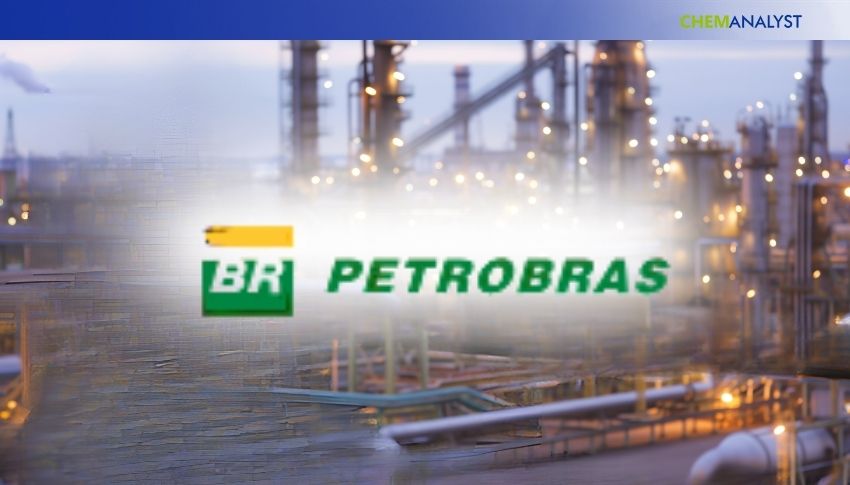Welcome To ChemAnalyst

Petrobras to invest R$33B in Rio refining, renewables, and petrochemicals, boosting fuel output, decarbonization, and industrial capacity.
Petrobras has announced a comprehensive investment initiative amounting to roughly R$33 billion, aimed at bolstering its refining and petrochemical operations in the state of Rio de Janeiro. Out of this total, R$29 billion will be sourced from Petrobras’ own capital expenditure (Capex), while an additional R$4 billion will be allocated to a complementary project aligned with Petrobras assets.
A major portion of the funds—estimated at R$26 billion—is earmarked for integration projects at the Boaventura Energy Complex in Itaboraí and the Duque de Caxias Refinery (Reduc). These investments are part of Petrobras’ 2025–2029 Business Plan (PN 2025–2029), with bidding processes for associated service contracts already underway.
One of the key outcomes of these developments will be a significant enhancement in the production capacity of refined fuels. The upgrades are expected to add 76,000 barrels per day (bpd) of S-10 diesel, comprising 56,000 bpd from quality improvements and 20,000 bpd from new capacity. Jet fuel production will rise by 20,000 bpd, while the production of Group II lubricating oils will grow by 12,000 bpd.
The Boaventura Complex will also house a dedicated Bio Jet Fuel plant, capable of producing 19,000 bpd of renewable fuels, including Hydrotreated Vegetable Oil (HVO) and Sustainable Aviation Fuel (SAF). Additionally, two gas-fired power plants are planned at the complex and will participate in future capacity reserve auctions. These units will benefit from existing synergies with the Itaboraí Natural Gas Processing Unit (UPGN), whose infrastructure will support their operations.
At Reduc, a lubricant oil re-refining initiative is being explored, which would handle approximately 30,000 m³ per month (equivalent to 6,300 bpd). This project complements the Group II lubricant oil production at Boaventura and introduces circular economy practices by transforming used oil into valuable products. Regulatory approval for co-processing tests has already been obtained from the National Agency of Petroleum, Natural Gas and Biofuels (ANP), with trials expected later this year.
Reduc has also achieved a milestone in decarbonization, completing a successful SAF test using up to 1.2% corn oil. With ANP authorization secured, commercial production is set to commence shortly, reaching a potential output of 50,000 m³ per month (10,000 bpd). Additionally, the refinery already produces Diesel R5 and is preparing to begin tests on Diesel R7, which will contain 7% renewable content.
To enhance operational efficiency, Petrobras plans to construct a modern thermal power plant at Reduc, replacing outdated systems. This effort, requiring R$860 million in investment, is aimed at aligning the refinery with top global energy efficiency standards. A further R$2.4 billion is allocated for planned maintenance shutdowns at Reduc between 2025 and 2029, with major activities scheduled for 2026.
In the petrochemical domain, Petrobras is evaluating a project to produce acetic acid and monoethylene glycol (MEG) at Boaventura. Both are vital raw materials for the chemical and plastics industries, and Brazil currently depends heavily on imports for these products. In tandem, Braskem, in which Petrobras holds a stake, is planning to expand its polyethylene production capacity by up to 230,000 tons per year. This R$4 billion project will utilize natural gas processed via Route 3 at Boaventura and is currently under internal approval processes.
We use cookies to deliver the best possible experience on our website. To learn more, visit our Privacy Policy. By continuing to use this site or by closing this box, you consent to our use of cookies. More info.
